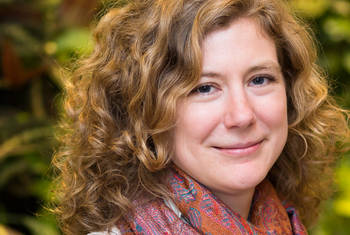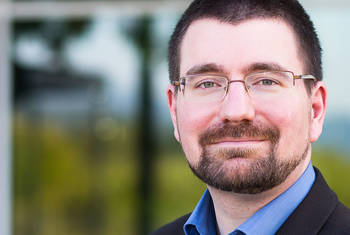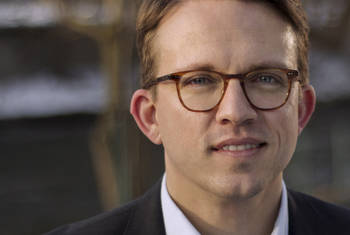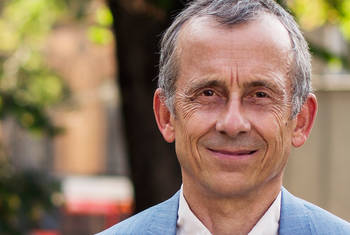Axel Michaels Why Do People Perform Rituals?
Axel Michaels is Professor of Classical Indology and Religious Studies at the University of Heidelberg. There, he is also co-director of the cluster of excellence ‘Asia and Europe in a Global Context’. In 2006, he became a member of the Heidelberg Academy of Sciences and Humanities and in 2016, he was appointed vice-president. His research focus includes the theory of ritual, the cultural history of Nepal, and the social and legal history of Hinduism. Among his more recent awards are the Manfred-Lautenschläger Research Prize (2015) and the Höffmann Academic Award for Intercultural Competence (2015).
Area of Research
Ethno-Indology, Theory of Ritual, Transcultural Studies
since 2007
Director of Cluster of Excellence
Heidelberg University (Ruprecht-Karls-Universität Heidelberg)
Cluster of Excellence "Asia and Europe in a Global Context – Shifting Asymmetries in Cultural Flows"
since 2006
Vice President
Heidelberg Academy of Sciences and Humanities
since 1996
Professor of Classical Indology
Heidelberg University (Ruprecht-Karls-Universität Heidelberg)
South Asia Institute
- Member of the Heidelberg Academy of Sciences and Humanities and Head of the Project “Religious and Legal Documents of Pre-Modern Nepal” (since 2006)
- Spokesman of the Collaborative Research Centre SFB 619 "Ritual Dynamics” (since 2001)
Prizes
- Manfred-Lautenschläger Award (2015)
- Höffmann-Preis für interkulturelle Kommunikation der Universität Vechta (2015)
All human societies have rituals, both in everyday life and for special, festive occasions or religious ceremonies. As AXEL MICHAELS points out in this video, rituals are not necessary for our lives. So, why are there so many and why do people follow rituals at all? Michaels has pursued these questions in the context of India. Applying an ethno-indological approach – observing how rituals are performed in India today and studying ancient handbooks that prescribe these rituals – Michaels came to a three-part definition of rituals. These three components are formality, modality, and transcendence. This last component points to an explanation of why people observe rituals at all. By submitting themselves to the prescription of a ritual without questioning it, they become homo ritualis and thereby relieve themselves from the continuous search for meaning.
LT Video Publication DOI: https://doi.org/10.21036/LTPUB10417
Homo Ritualis: Hindu Ritual and Its Significance for Ritual Theory
- Axel Michaels
- Published in 2015








